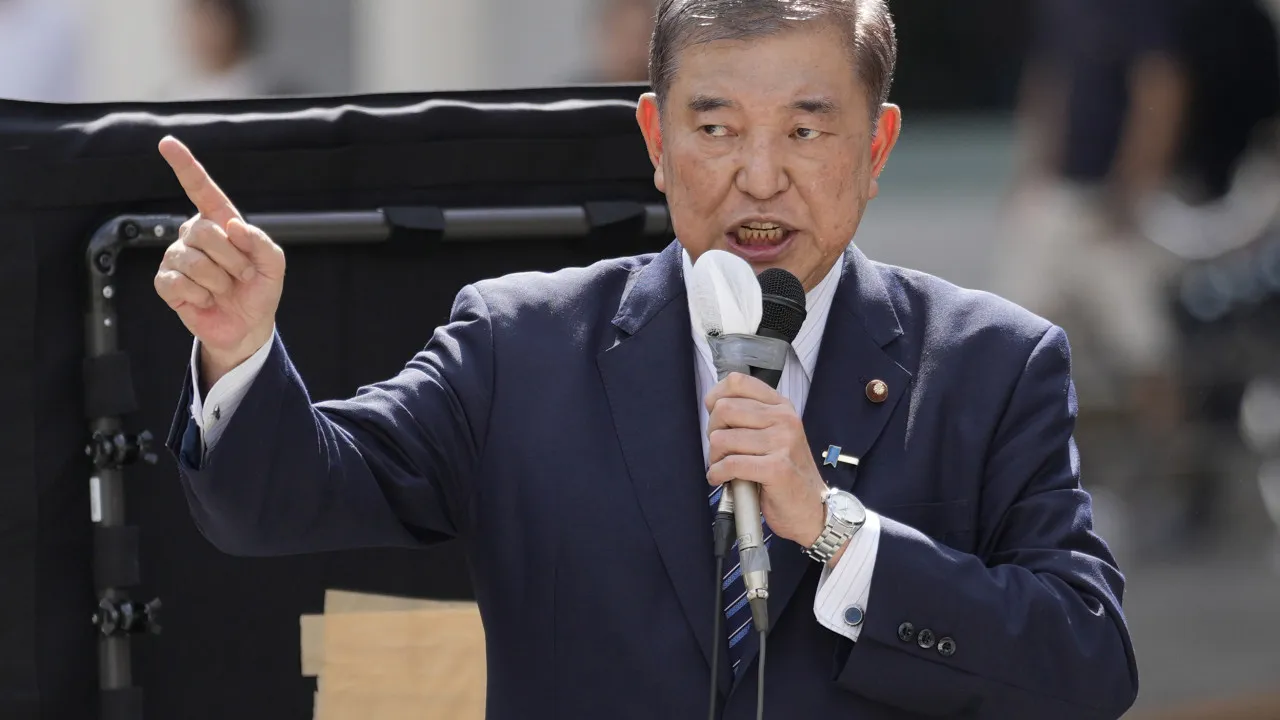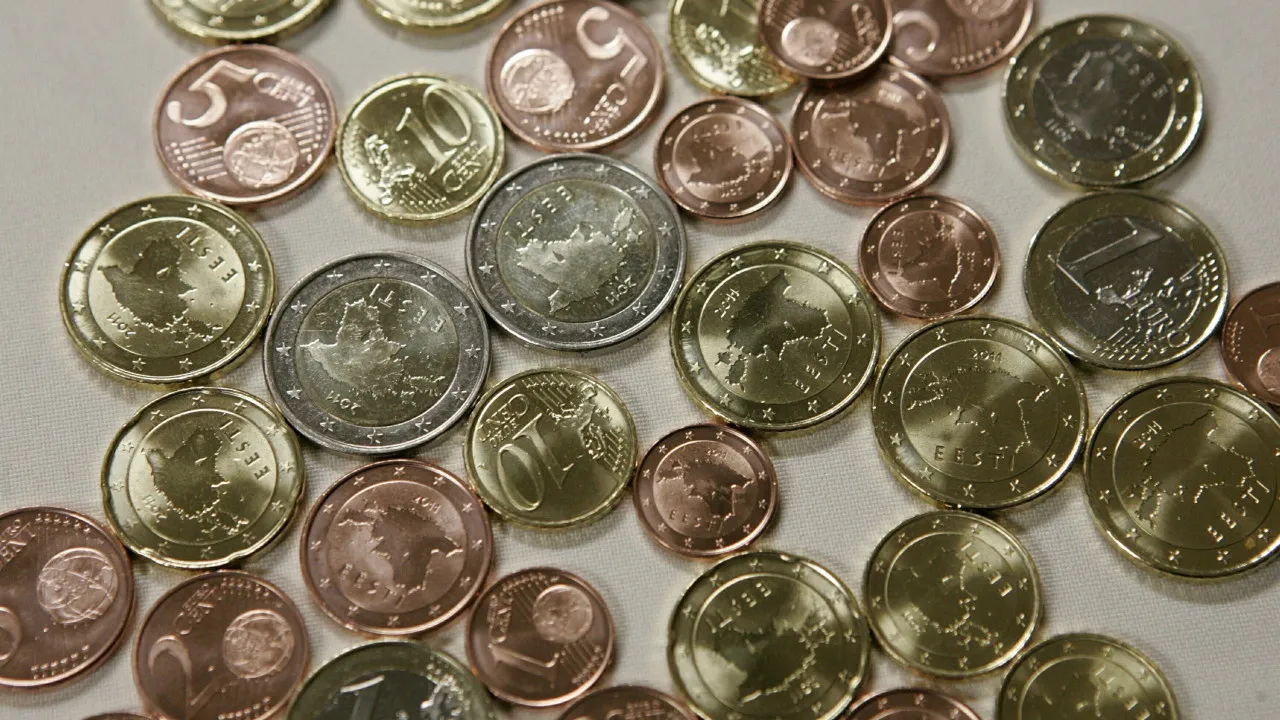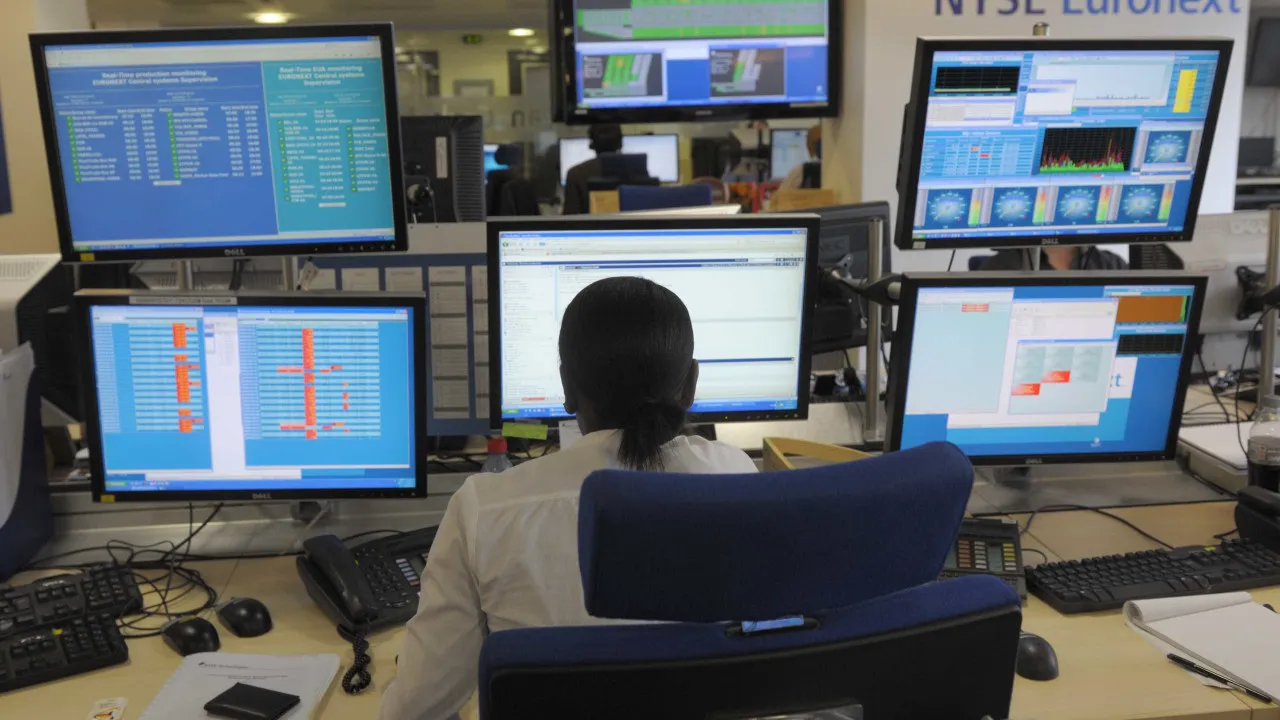
“Some say implementing a trade agreement is more difficult than reaching one. I humbly ask for your continued support on this matter,” stated Ishiba in Parliament, responding to questions from lawmakers.
During the same session, Japan’s chief trade negotiator, Ryosei Akazawa, acknowledged criticisms about the absence of concrete written data on the agreement.
“I understand that having something in writing would be helpful,” Akazawa noted, adding that there is also nothing written concerning the agreements with Washington, the EU, and South Korea.
The comments highlight significant uncertainties related to the series of global trade agreements, even after the deadline for tariff increases was reached on August 1.
Washington agreed to impose a 15% tariff on imports from Japan, lower than the previously threatened 25%. The fate of auto tariffs remains unclear.
Ishiba, under pressure following last month’s setback in the Upper House elections, vowed to stay on as Prime Minister to ensure full implementation of the trade agreement.
Just days after the elections, Ishiba surprisingly announced the trade agreement, which yielded relatively better results for Japan compared to other countries.
Auto tariffs, currently at 27.5% including a pre-existing 2.5% rate, posed a significant blow to Japan’s economy, as the sector is the largest source of exports to the United States and accounts for about 10% of Japan’s GDP.




